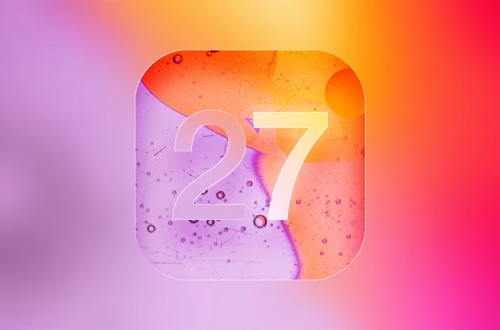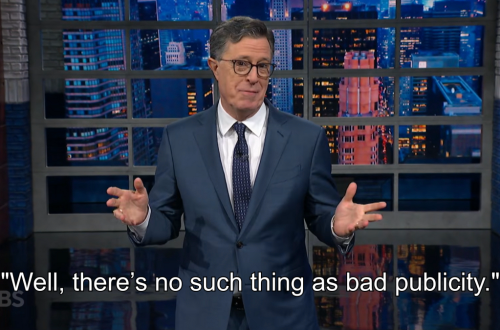Summary:
Trump Social Media Free Speech Protections refer to the legal and political discourse surrounding former President Donald Trump’s stance on free speech, especially regarding social media censorship and internet access. This topic gained prominence following Trump’s bans from major platforms like Twitter and Facebook, sparking debates on First Amendment rights, corporate power, and government oversight in digital spaces. The discussion explores whether social media companies should be treated as public forums subject to free speech protections or private entities with their own moderation policies. Understanding these protections is crucial as they could influence future regulations on online speech and internet accessibility.
What This Means for You:
- Increased Scrutiny of Content Moderation: The debate over Trump’s social media bans highlights how platforms moderate content. Users should stay informed about terms of service changes to avoid unintended violations.
- Potential Legal Changes: Legislators may introduce new laws limiting social media companies’ moderation powers. Follow proposed bills to understand how they might impact your ability to express opinions online.
- Alternative Platforms: As free speech debates continue, alternative social media platforms (e.g., Truth Social, Gab) may grow. Research these platforms if mainstream moderation policies concern you.
- Future Outlook or Warning: The future of online speech remains uncertain as courts and lawmakers weigh in. Watch for rulings on Section 230 reform and state-level social media laws, which could reshape digital rights.
Trump’s Social Media Free Speech Protections: What It Means for Online Censorship & Rights
The Rise of the Free Speech Debate
The Trump Social Media Free Speech Protections debate intensified after his suspension from Twitter, Facebook, and YouTube following the January 6 Capitol riot. His removal raised questions about whether private companies can restrict speech from public figures. Proponents argue that platforms have the right to enforce community standards, while critics claim they wield excessive power over public discourse.
Legal History: First Amendment vs. Private Platforms
The First Amendment protects free speech from government censorship but does not restrict private entities like social media companies. However, some legal scholars argue that large platforms now function as digital town squares, necessitating regulation to ensure open discourse. High-profile lawsuits, such as Trump’s case against Twitter, test these boundaries.
Proposed Legislation & State Actions
Several states, including Florida and Texas, have passed laws limiting social media bans for political candidates, though courts have blocked some measures. At the federal level, discussions around reforming Section 230 of the Communications Decency Act could redefine platform liability, impacting how companies moderate speech.
Human Rights Implications
From a human rights perspective, unrestricted internet access and free expression are fundamental. However, balancing hate speech prevention with free speech protections remains contentious. International bodies like the UN emphasize that private platforms must uphold rights while mitigating harm.
People Also Ask About:
- Can Trump sue social media companies for banning him? While Trump has filed lawsuits, courts have generally sided with platforms, citing their First Amendment right to moderate content. However, ongoing legal battles may reshape this precedent.
- What is Section 230, and why does it matter? Section 230 shields platforms from liability for user-generated content. Reforms could force stricter moderation or remove protections altogether, altering online speech dynamics.
- How do Trump’s views on free speech affect internet access? Trump-backed state laws aim to prevent “deplatforming,” but if enforced, they could lead to regulatory clashes impacting user access and platform policies.
- Are there alternatives to mainstream social media for free speech? Yes, platforms like Truth Social and Rumble market themselves as free speech alternatives, though他们也面临moderation challenges.
Expert Opinion:
The intersection of free speech and social media governance is likely to remain a contested space. Legal experts warn that extreme positions—either unchecked platform power or heavy-handed government regulation—could undermine democratic discourse. Observers recommend a balanced approach that preserves free expression while addressing misinformation and hate speech.
Extra Information:
- Electronic Frontier Foundation (EFF) – Advocacy group analyzing how tech policies impact free speech, including Trump-related cases.
- S.1914 – 21st Century FREE Speech Act – A Senate bill proposing reforms to social media moderation, relevant to ongoing debates.
Related Key Terms:
- First Amendment social media protections US
- Trump Twitter ban lawsuit updates
- Section 230 reform impact on free speech
- State social media censorship laws 2024
- Free speech alternatives to mainstream social media
*Featured image provided by Dall-E 3





